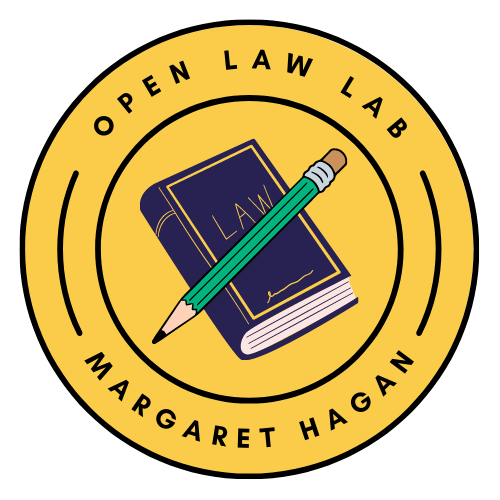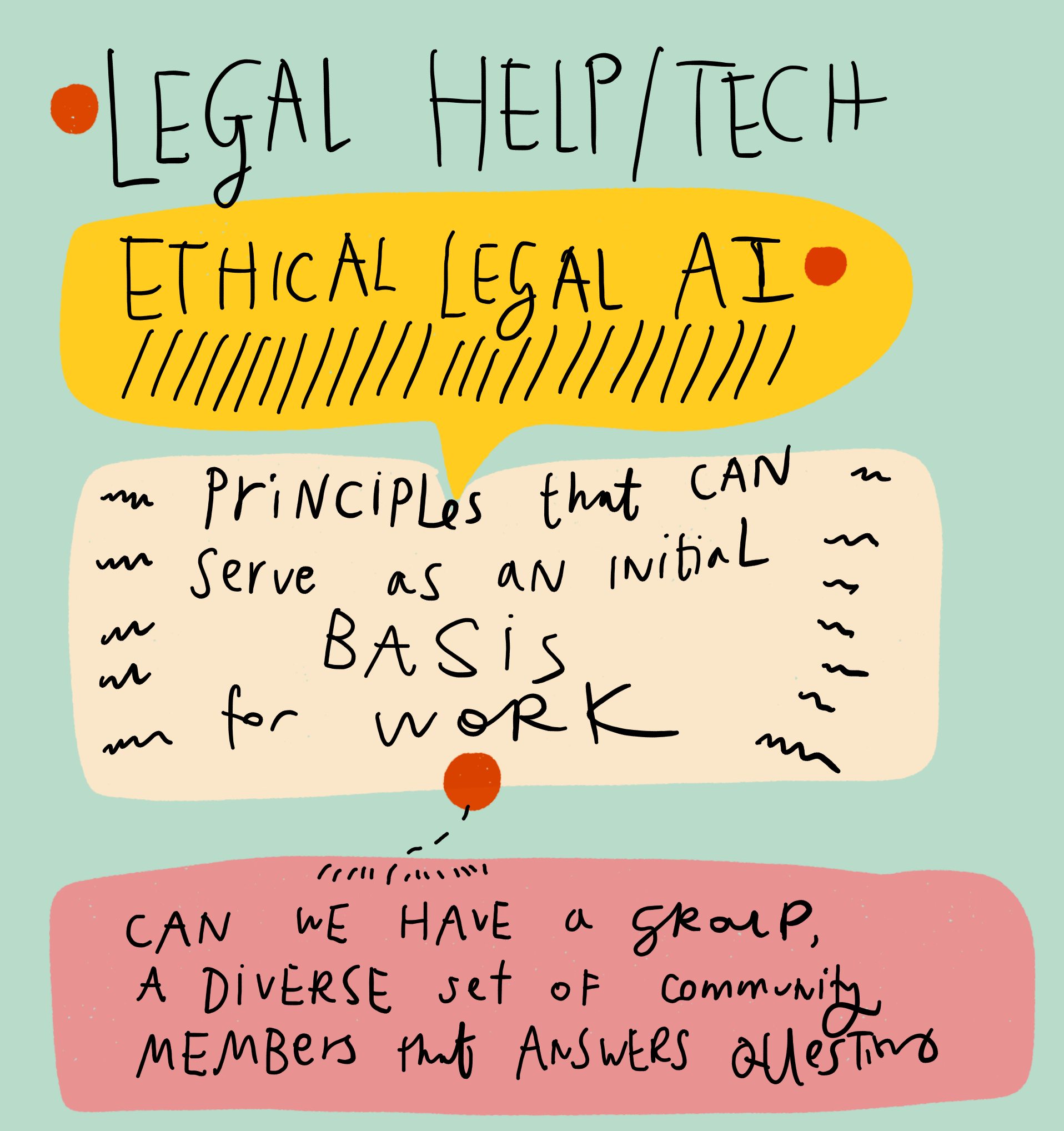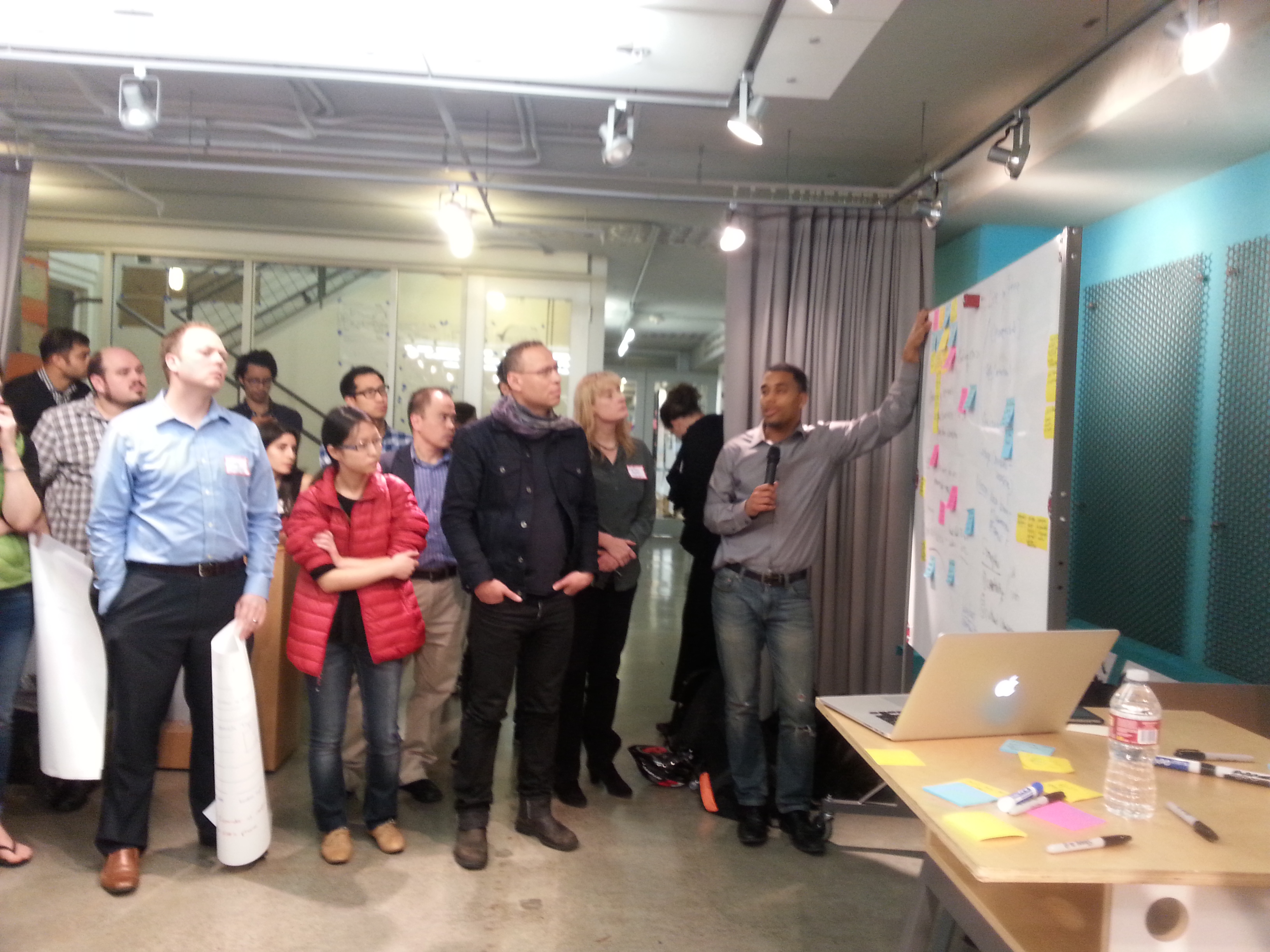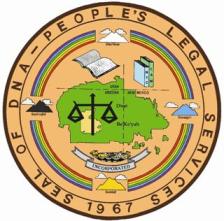January’s Legal Services Corporation ITCon (the conference formerly known as TIG) is the best place for legal aid technology geeks. Someone explicitly called me a geek at this conference, and it is true.
This conference brings together several hundred legal aid leaders, court leaders, techies, designers, funders, consultants, and other people working to make access to justice a reality. It’s a very positive, friendly conference too. People want to link up, talk about what they’re working on, find partners, and build an ecosystem. Many of my current projects can be traced directly back to coffee break conversations there.
So what were some of the big themes this year?
- The need for a plan around ethical principles in action, combined with community governance structures that can provide better oversight and commitments. This is especially needed as more of our legal aid technology community’s projects begin toward data-driven and AI work. LSC TIG has made this a priority in the most recent funding round, so there are a crop of around 8-10 projects working on AI-powered triage, issue-spotting, pathway creation for people in need. We’ve talked a great deal in the conference about how we can create a structure that involves a wider community, more advocates, and more “end-users” in setting out how these powerful new tools should be evaluated and what limits they should have on them.
- The need for better online coordination of content. If past years’ projects have created a proliferation of legal help websites and apps, this year it was about: how do we make these usable + impactful for people online? Can we build central portals in each state — as Alaska and Hawaii are? Can we use Schema.org markup, as my Lab is working on, to structure and surface content in better ways? We need to make all this content work for people — and be more strategic in creative to do this!
- How do we build a data project ecosystem, in which we share datasets with each other, find common protocols and projects that we can use in different organizations, and better tend and clean the data we are gathering but not using. There is huge interest in ‘data projects’ in legal help, but we need more support and coordination to get more projects off the ground.
Here are my notes in drawings from these sessions!














